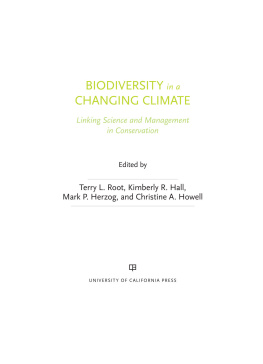Sophie Pavelle - Forget Me Not: Finding the Forgotten Species of Climate-Change Britain
Here you can read online Sophie Pavelle - Forget Me Not: Finding the Forgotten Species of Climate-Change Britain full text of the book (entire story) in english for free. Download pdf and epub, get meaning, cover and reviews about this ebook. year: 2022, publisher: Bloomsbury, genre: Romance novel. Description of the work, (preface) as well as reviews are available. Best literature library LitArk.com created for fans of good reading and offers a wide selection of genres:
Romance novel
Science fiction
Adventure
Detective
Science
History
Home and family
Prose
Art
Politics
Computer
Non-fiction
Religion
Business
Children
Humor
Choose a favorite category and find really read worthwhile books. Enjoy immersion in the world of imagination, feel the emotions of the characters or learn something new for yourself, make an fascinating discovery.
- Book:Forget Me Not: Finding the Forgotten Species of Climate-Change Britain
- Author:
- Publisher:Bloomsbury
- Genre:
- Year:2022
- Rating:4 / 5
- Favourites:Add to favourites
- Your mark:
- 80
- 1
- 2
- 3
- 4
- 5
Forget Me Not: Finding the Forgotten Species of Climate-Change Britain: summary, description and annotation
We offer to read an annotation, description, summary or preface (depends on what the author of the book "Forget Me Not: Finding the Forgotten Species of Climate-Change Britain" wrote himself). If you haven't found the necessary information about the book — write in the comments, we will try to find it.
Sophie Pavelle: author's other books
Who wrote Forget Me Not: Finding the Forgotten Species of Climate-Change Britain? Find out the surname, the name of the author of the book and a list of all author's works by series.
Forget Me Not: Finding the Forgotten Species of Climate-Change Britain — read online for free the complete book (whole text) full work
Below is the text of the book, divided by pages. System saving the place of the last page read, allows you to conveniently read the book "Forget Me Not: Finding the Forgotten Species of Climate-Change Britain" online for free, without having to search again every time where you left off. Put a bookmark, and you can go to the page where you finished reading at any time.
Font size:
Interval:
Bookmark:


For my parents.

Contents
PROLOGUE
Shall we?
Nature has always been there. A lovely little addition to our lives when we want it. A sunset? Yes, please! A boat trip to see some whales? Count me in! A kingfisher flying past during a picnic? Hello! But nature is challenging us. Actually, planet Earths climate and biodiversity crisis removed the cushion from underneath us decades ago. Yet the strange thing is, we still dont seem to have noticed.
As I write this in the summer of 2021, the past two weeks have been fraught with change. Germany, Belgium and Uganda are dealing with horrifying, deadly floods. North America is grappling with record-breaking temperatures for a second time this year. Siberia reliably one of the coldest places on Earth is battling unprecedented wildfires. Back here in the UK, the Met Office has issued its first-ever extreme heat warning, and the government is proposing a new oil field in the North Sea. All this while one in every seven UK species is facing extinction. And global ocean plastic is set to triple by 2040, with plastic items outnumbering fish by 2050. How far are we willing to push our planet before its too late to turn back?
We live in an era of contradiction. Were being told where we can and cannot go, what we can and cannot do to the environment. Red tape and paperwork intended to save nature are, in fact, pushing us away from it and away from each other. Doesnt it sound exhausting? I dont know about you, but I find it so hard to know what to think, who to trust or what to do about it that I switch off from it all. Humans are striving to have the last word, but were becoming lost in the process.
I have written this book because Im worried that well forget what were losing. Im worried that were moving too fast within these lives weve built for ourselves, at the expense of what makes it worth living on this planet. The species that give life meaning. The species that got here first. The word forget has origins in ancient Germanic prose and loosely translates as the act of losing grip or, more commonly, to lose care for. This is what is happening around the world, around the UK, around where you live: nature is waving red flags at us, sounding alarms and blaring sirens to try and get us to listen. As I see it, we have two options: we can stand by, explore our bodyweight in wine and continue to enjoy a rather depressing show. Or we can sit up, trust in ourselves, work together, and (quickly) try and do something about it.
In 2019, Mara Fernanda Espinosa Garcs, President of the 73rd United Nations General Assembly, opened her keynote with the announcement that humans had just 11 years left if we want to avert a climate catastrophe. But surely it will be alright? Dont things always work out? Like, If I have oat milk in my reusable coffee cup, then Im saving the planet arent I?
The British government has ambitions that the UK will transform into a carbon-neutral economy by 2050, playing our part to ensure that global temperatures dont rise more than 1.5C. Our signature on the 2016 Paris Climate Agreement legally requires us to meet these obligations. In 2021, the UK hosted the G7 Summit for global leaders and the 26th United Nations Climate Change Conference (COP26). We might be making ourselves feel better, but Im unconvinced that the impact of climate change is being taken seriously. We still prefer playing fast and loose.
As with all crises, we should be jarred by this. But instead, of course, we distract ourselves. The economy, politics, global health, food security, opinion polls, human rights, equality, social media, football were intelligent mammals trying to evolve within our world of veneers. We know it isnt sustainable. It never was. Yet were fantastically missing the point: nature is our economy. And that means nature is, also, unfortunately, political. The climate crisis is a human rights crisis, an equality crisis. Climate justice is social justice. Natures health ensures our health. Were kidding ourselves that we are chairing this meeting when in reality, we are nothing more than participants (or senior board members, at a stretch).
It sounds scary because it is. I could reel off more dispiriting data, but I know thats not why youre here. I could ask you to panic, but that wont help either. Good work is rarely accomplished in a panicked state of mind. Decisions are likely to be poor and hastily made. We wont be economically brave. So, no, I dont want you to panic. I just want you to know nature and to urgently prioritise that.
To help you with that, I would like to introduce you to a few species, habitats and landscapes that we take for granted, some that you might never have heard of. Because bothering to change the way we live will only work if we are invested in the outcome. I believe that real action, progress and hope begins with a celebration and a better understanding of our place in the game. If we want to continue to be residents, we need to take a step back and better understand our home . Call me nave, fanciful, unrealistic I honestly dont care but I believe its only when we work on restoring ourselves that nature will be able to do the same. Its all or nothing.
Ive always enjoyed exploring and having adventures especially across the UK. I have my parents to thank for that, and Im aware of what an enormous privilege it is for the outdoors to be a huge part of my life. But nature writing and travel books often frustrate me. Im not a voracious reader and find it hard to concentrate on texts for long periods. Sometimes its easier to read about things that dont exist. But I feel put out when I read some books which present a glorified and dare I say, typically male quest through the natural world. A world in which everything is wondrous, and male naturalist travelled to see 1 million plants/birds/butterflies/moths (and of course, succeeded).
Other times, Ive felt I can only truly connect with nature if Ive suffered a traumatic experience. That nature can only serve me if I hit rock bottom. Of course, science shows us that nature can shed light into our darkest hours. I can vouch for this. But what about experiencing nature for the sheer hell of it? The irreverent joy of trying to find wildlife and failing? The simplicity of totally winging it and being more in the moment?
I am not a naturalist. I cant tell you I have a deeply profound connection to nature; I just like it, and I enjoy learning and working alongside people who know a lot more about it than I do. No, I dont know how to watch birds properly. And yes, at times, I would rather watch Love Island than a nature documentary. I would choose pub over wildlife hide. Social media has made me demanding, anxious and shortened my attention span to dangerously low levels. I am infamously terrible at knowing what plant or animal Im looking at and would happily lump all gull species together and refer to them as seagulls. I have a degree in an envelope somewhere, and yet I still cannot sermonise the delicate nuances between chiffchaff and willow warbler. But that doesnt bother me. I dont think its important. For me, this nature stuff is more about the journey. Nature doesnt care where you come from or what you look like. The journey doesnt have to mean anything at all. Having the audacity to engage with it in your own way is absolutely enough.
During my year of writing and travelling, a lot was going on in the environmental sector in the UK. It was stressful, if impossible at times, to keep up with and understand. Yet, the reality of it all only bolstered my hopes for this story. The UK is like nowhere else. For a start, the British public muddle through challenges with wry, disarming humour. We prescribe a cup of tea as a universal antidote. We trigger family rifts when debating whether jam or cream should go first on a scone. We are a nation of (mostly) good people who apologise a lot and consistently achieve more when we come together. We have a tapestry of landscapes and natural history of which we should be unbelievably proud, and to which we should offer more of our attention.
Font size:
Interval:
Bookmark:
Similar books «Forget Me Not: Finding the Forgotten Species of Climate-Change Britain»
Look at similar books to Forget Me Not: Finding the Forgotten Species of Climate-Change Britain. We have selected literature similar in name and meaning in the hope of providing readers with more options to find new, interesting, not yet read works.
Discussion, reviews of the book Forget Me Not: Finding the Forgotten Species of Climate-Change Britain and just readers' own opinions. Leave your comments, write what you think about the work, its meaning or the main characters. Specify what exactly you liked and what you didn't like, and why you think so.

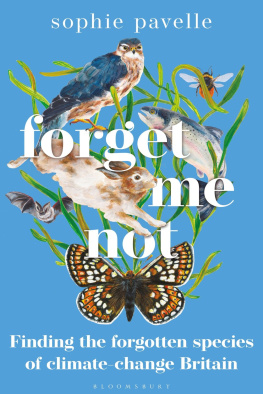
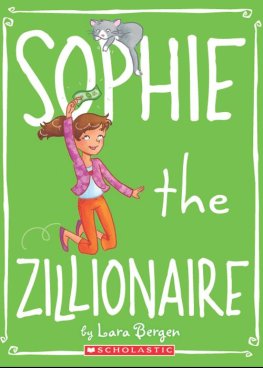
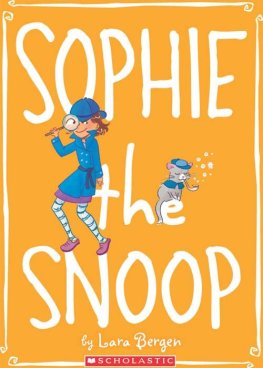
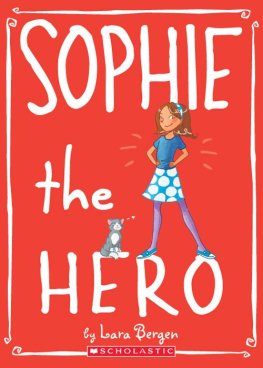

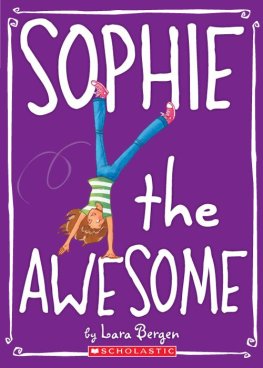
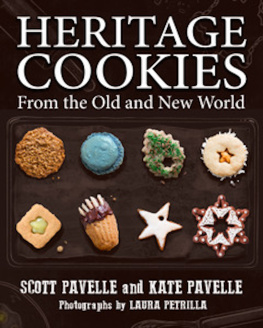
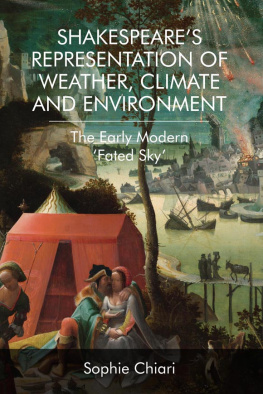

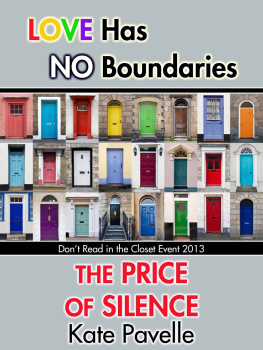
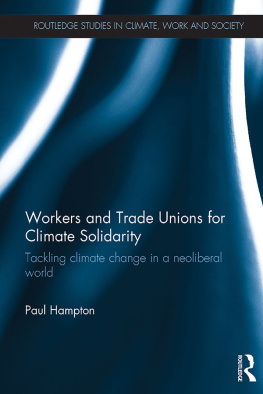
![Sophie Law [Sophie Law] - Olga’s Egg](/uploads/posts/book/141435/thumbs/sophie-law-sophie-law-olga-s-egg.jpg)
